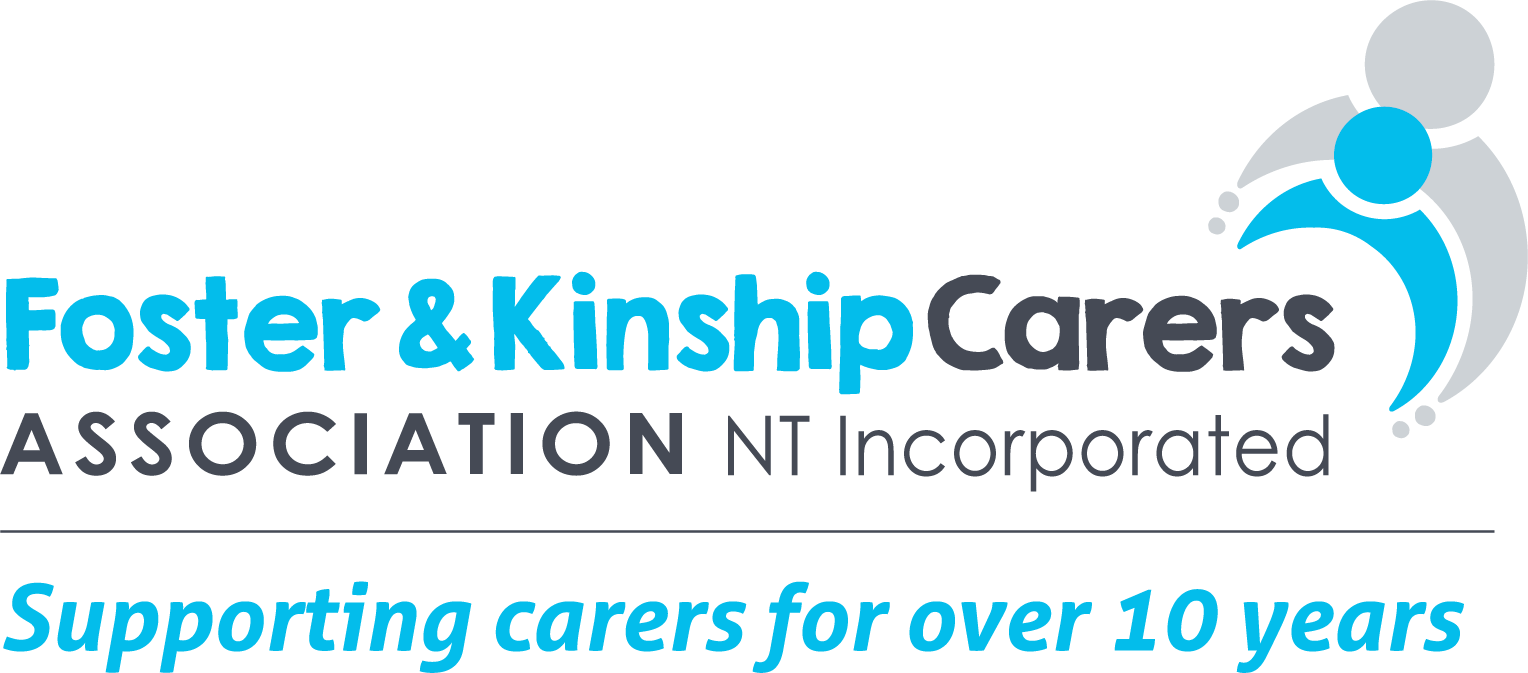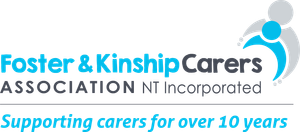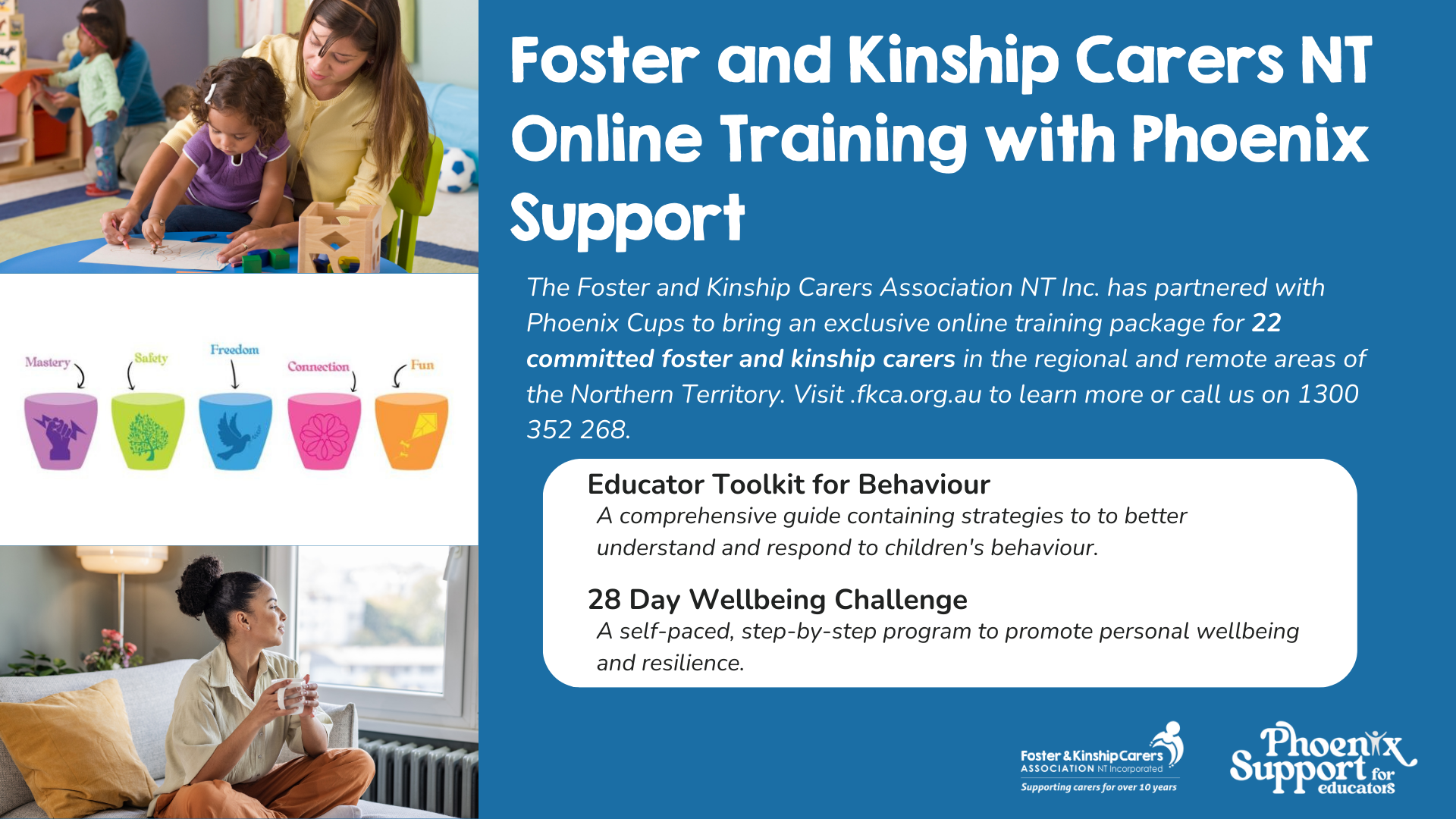Peak Body
The Foster and Kinship Carers Association NT is the peak body providing support, advice and advocacy services to the Northern Territory’s foster and kinship carers.
As a peak body, we represent the voices of foster and kinship carers to government and other decision-makers to ensure that carers are supported as they take on one of the most challenging and rewarding roles in our community. Our carers have a range of experiences and it is our role to make sure that the out-of-home-care sector supports carers and children adequately through their caring journey.
By joining the association, you are contributing to our strong and united voice advocating for carers and for a better out-of-home care system.
Advocacy
Advocacy is a process of supporting and enabling people to: express their views and concerns, access information and services, defend and promote their rights and responsibilities, and explore choices and options.
Foster and Kinship Carers Association NT provide two forms of advocacy:
INDIVIDUAL and SYSTEMIC advocacy
INDIVIDUAL ADVOCACY is where we work one-on-one with our members to address and resolve any concerns you have in your caring journey. We ensure your voice is heard and that you are respected and supported every step of the way when raising important issues and concerns. Our advocates are experienced in the out-of-home-care sector and have a range of professional qualifications including mediation and government investigations
SYSTEMIC ADVOCACY aims to create change for all carers by lobbying and influencing government to change legislation and policies that directly affect carers.
We understand that meeting within standard business hours does not suit all carers so we will make every effort to meet with you in person, over the phone or through our virtual advocacy portals at a time that suits you best.
At Foster and Kinship Carers Association NT we strive to achieve the best outcomes for our carers.
If you wish to speak to an advocate to discuss any concerns you may have, or need further guidance please arrange an appointment by submitting an online enquiry .
Carer Support
One of our most important functions as a peak body, is providing support to our carers.
Our Carer Advocacy and Support Officers are available to discuss any issues that arise during your caring experience. We can also refer you for specialist help and support or just link you up with other foster families who understand your experience.
We facilitate peer support networks and social opportunities for carers throughout the year as well as training on various topics. Check out our Events and Training page for upcoming dates.
If you would like support in attending a meeting with the Department of Children and Families – whether it’s as simple as meeting a new case manager or for a more complex reason – our Carer Advocacy and Support Officers are able to attend and support you at these meetings. No meeting is too big or small; if you’d like support, we are here to help.
If you need to talk to our Carer Advocacy and Support Officers, please contact us.
Peer Support Networks
Monthly Carer Connection Dinner
Foster and Kinship Carers Association NT understand that no one can relate better to your carer experience than another carer!
Monthly Carer Connection Dinners are peer support groups facilitated by our Carer Advocacy and Support Officers for carers, new and experienced, to connect, support each other and take a much-deserved break.
To find out when the next Monthly Carer Connection Dinner is, check out our Facebook page or contact our Carer Advocacy and Support Officers.




